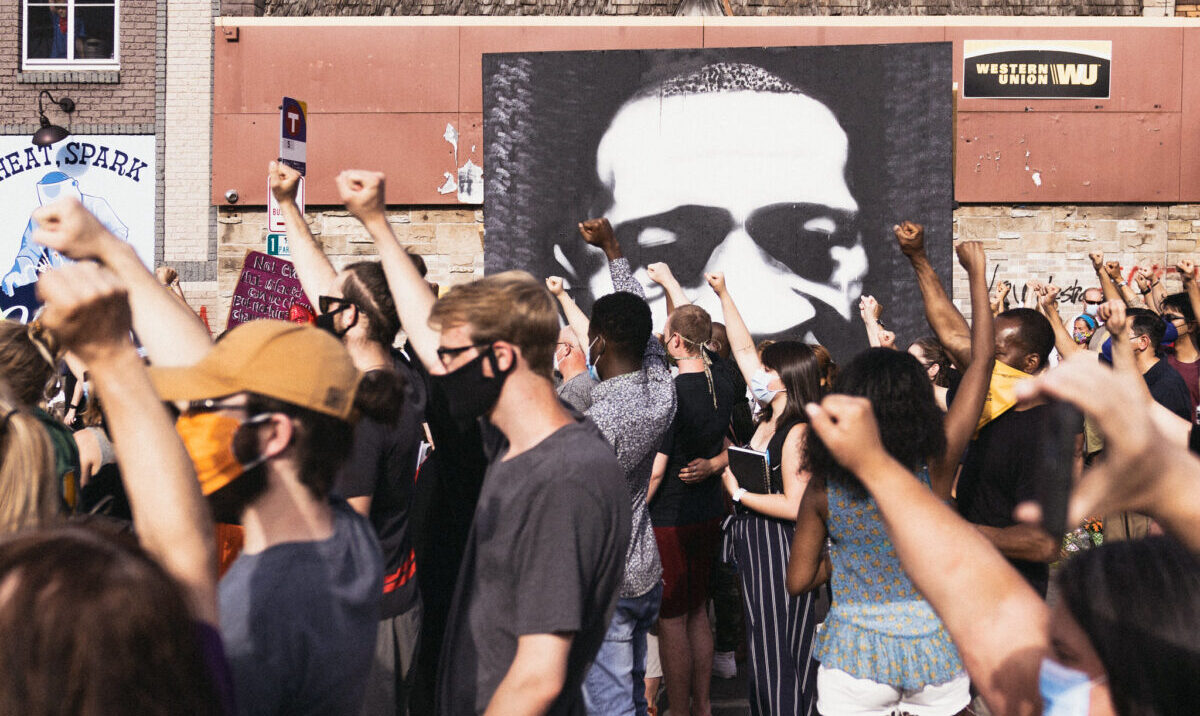


Poetic Justice is an advice column that offers better advice to submissions at other publications whose advice has failed the reader.
An anxious leftist wrote in to The New York Times this week worried about their self-image as an adequate “antiracist.”
“I’m a straight white dude and recent college grad who has very progressive beliefs and is looking for a committed partner who, in time, can equitably raise a family with me,” the anonymous author said, adding specifically, “I want to prioritize dating women of color.”
“Despite my well-meaning antiracist principles, is this preference (as friends have suggested) wrong, insensitive or somehow itself racist?” they asked the New York Times’ supposed “ethicist.” “I am dedicated to educating myself on issues of racism, sexism and other forms of kyriarchy while also learning from marginalized people. For me, principles lead the way to attractions.”
Rather than rationally explain how fetishizing antiracism is a bizarre and unhealthy strategy to prove someone’s devotion to identity politics, the New York Times’ advice “ethicist” characterized the approach as “impressive.”
“You’d be using your erotic ecumenism to level up. Where your shallower classmates have hookups, your dates would be teach-ins. ‘Do the work,’ the slogan urges, and you’re rolling up your sleeves,” wrote Kwame Anthony Appiah. “Your devotion to self-improvement is impressive. Like a dish of quinoa and kale that you may once have forced down and now actively enjoy, a woman of color could, you think, raise your game, supplying something like antiracist roughage.”
To his credit, Appiah offered a “few cautions” to the reader, though none of them suggested the anonymous author completely give up the narcissistic crusade of dating for the sole purpose of relieving some supposed white guilt.
“Although you’re not objectifying your hypothetical partner, you are, just a little, instrumentalizing her. That’s not to say you aren’t entitled to pursue this campaign of strenuous self-optimizing … Just be transparent about your box-checking ambitions,” Appiah wrote. “Perhaps some prospects will be grateful for your offer to put your privileges at their disposal while you embark on your journey of uplift.”
Is it really uplifting, however, to choose a romantic partner based on a self-imposed racial insecurity? How miserable are these people baptized so faithfully into the cult of identity politics that even their wedding vows are taken on the bible of wokeism? A better response for the anonymous reader who wrote in to The New York Times would have been simply to man up over whatever implication they think there might be in two white people getting married, lest they write off half the dating pool.
It’s one thing to have a dating preference for a particular race based on physical attraction, and another to have one merely out of a dedication to prove something about racism to themselves.
